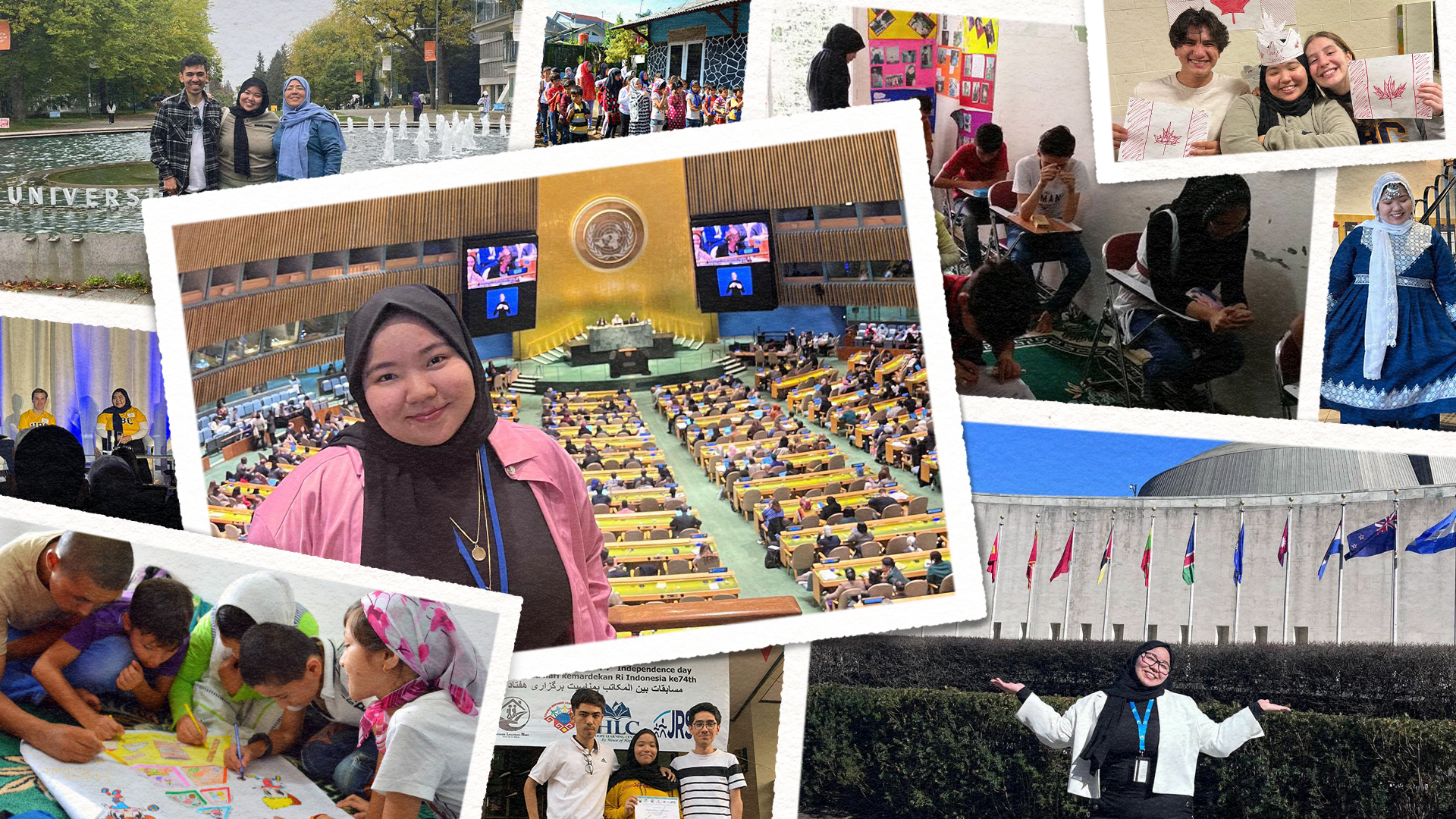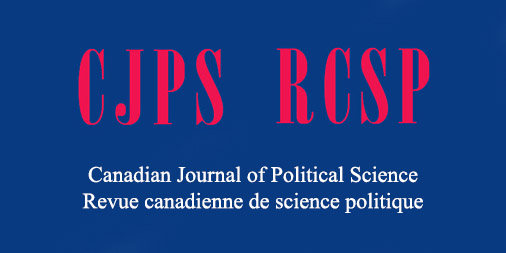UBC Political Science would like to thank Dr. Richard Price, who will be finishing his term as Department Head at the end of June.
Since his appointment in 2019, Dr. Price has lead the department through an unprecedented period of global uncertainty: a pandemic radically transformed how students and faculty could do their research and engage in learning and teaching. During his time as Head, UBC Political Science expanded its supports for graduate students, and developed an Inclusion Action Plan to support equity, diversity and inclusion in the department. Dr. Price also created a popular new course connecting our students with Political Science alumni and co-published a new book investigating how international relations theorists could use moral psychology and neuroscience to understand norm emergence and resonance.
We spoke to Dr. Price about what he learned during his time as Department Head.


Dr. Richard Price
The past few years have been characterized by tremendous global and political challenges, including a pandemic. What lessons did you take away from how the department had to adapt during your time as Department Head?
The strong element of independence that is one hallmark of being a successful academic served our department well, as colleagues and students alike were incredibly resilient and resourceful. For the most part, they simply got on with the business of doing what had to be done under the circumstances, with a strong dose of patience, compassion, and understanding that our ad hoc operations were not going to be the same so expectations had to be adjusted. But the faculty still provided students with the best available experiences with utmost professionalism while innovating in how they could still do their research. They were very well supported by our staff who were similarly professional and adept at pivoting as needed.
In the past years, you also created a new Professional Skills in Political Science course and published a book, International Norms, Moral Psychology, and Neuroscience, how did you maintain all of these projects while also serving as the Head of the Department of Political Science?
Good question! The timing for the book was propitious, as most of the research and writing was completed just before I became Head. So once I was Head I mostly had to do more minor additional research, and writing in the form of revisions rather than a whole new manuscript, so it was manageable along with the fact that my co-author Kathryn Sikkink did her share of the work as well of course.
Regarding the new course, there was a lot of time put into listening to and cultivating relations with alumni and UBC staff to develop the shape of the course and lesson plans, but I had a lot of help. UBC Careers staff and Faculty of Arts career staff participated in the design and delivery of the course along with alumni who donated a lot of their time. In particular, I was the beneficiary of so much support from the Faculty of Arts staff who support work-integrated education initiatives and alumni engagement – Julie Walchli and Christine Lee respectively. Allen Sens is our Department guru on new course proposals and he provided tremendous advice and support to create a solid proposal as well. It takes a village to build a course like that!


International Norms, Moral Psychology, and Neuroscience
What accomplishments during your time as Department Head are you the proudest of?
Expanding significantly our Department’s support for graduate students, and starting (via the establishment of our Equity and Diversity Committee) and then shepherding a transparent and inclusive process of developing a systematic program to enhance inclusion, diversity, and equity in all that we do. This culminated in our Inclusion Action Plan which provides us with an ambitious agenda to continue to implement going forward.
What do you hope your lasting impact on the department will be?
I have no such expectations nor ambitions. But to have served in the tradition of our previous Heads, and at the service of such a tremendous community of supremely talented scholars and students has genuinely been an experience I have regarded as an honour. So I just hope I have done so in a way that honours our past Heads and colleagues, and provides a model for future Heads and colleagues.
What advice do you have for the incoming Department Head?
I’ve already given that to him, sworn to secrecy haha. More seriously: delegate. We have such talented colleagues, students, and staff, don’t try to do everything yourself – virtually any good idea “I” may have seemed to have come up with was typically some advice given to me by another colleague, someone always has a different take on an issue so continually collect great ideas from our pool of great minds.
What’s next for you after serving as Department Head?
I have an Administrative leave which is granted after serving as Head, and I will use part of that time when not updating courses and doing research to take an organizational leadership and personal coaching certificate program to become a certified coach. I’m interested in leadership and the psychology of organizational performance, I just wish I had the time to have taken that before becoming Head, but better late than never and the leave provides space to finally undertake that training.


